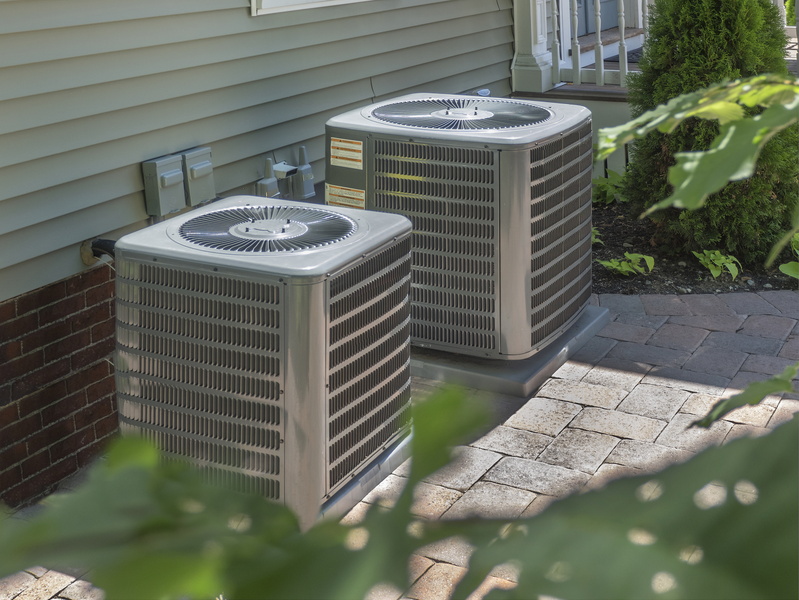What HVAC System Qualifies For Tax Credit in 2023?

Under the Inflation Reduction Act of 2022, homeowners can claim tax credits when installing energy-efficient HVAC systems. These incentives focus on increasing energy savings.
To qualify, homeowners must reside in a single-family residence as their primary home and file Form 5695 with their federal taxes annually.
Once you’ve wrapped up today’s blog post, you can visit this website to learn more about the Inflation Reduction Act guidelines for your HVAC system.
Furnace
As part of the Inflation Reduction Act signed into law in August 2022, tax credits and rebates for upgraded HVAC systems are now available – offering you an incentive to help lower energy costs while switching over to clean heating technology.
No matter if it’s gas or electric heat pump-based, qualifying systems with an Annual Fuel Utilization Efficiency rating of 97% or greater qualify for the federal income 25C credit, which covers up to 30% of installation costs associated with gas furnaces/boilers/air conditioners/heat pumps/heat pumps and their installation.
Your new equipment must be installed at your primary residence, including single-family houses, condos, co-ops, and mobile homes. Furthermore, these credits may also help offset other energy-efficient improvements, like insulation or solar water heaters. If you plan on making any of these upgrades soon, speak to a top HVAC contractor to see what credits and rebates may apply to you.
Heat Pump
As part of the Inflation Reduction Act of 2022, the government is offering significant tax credits for new heat pumps and energy-efficiency home improvement projects – this represents a dramatic increase in available tax credits over what was available previously to homeowners.
Energy Star-qualified electric heat pumps and packaged systems with furnaces that qualify for this credit can earn it. They must fall into one of the two highest efficiency categories (SEER 2 or EER 2) to qualify for this tax credit.
Homeowners looking to take advantage of this new tax credit will need to file IRS Form 5695 along with their annual tax return in order to be eligible. This credit directly reduces taxes owed up to a yearly limit of $1,200. Consult a tax professional for further details.
The Inflation Reduction Act 2022 also offers other beneficial HVAC rebates and credits – consult with local tax professionals in your state for details of what programs might apply!
Packaged System
Packaged systems are multifunctional units containing both an air conditioner and a furnace. These devices are becoming increasingly popular among commercial buildings for their ability to quickly cool large spaces with minimal energy usage while also being better suited to mild climates.
As all components are housed within one primary outdoor unit, maintenance may be easier and space can be saved inside as there’s no longer any need for utility closets or basements.
Packaged systems’ efficient designs enable them to achieve higher SEER ratings, benefiting the environment and your wallet alike. Plus, their processing occurs outside the home for greater peace of mind.
As minimum energy-efficiency standards will soon be changing in 2023, you must understand how the new standards will impact your current HVAC system. Please seek advice from an HVAC specialist to better understand their effects on existing equipment and whether upgrades may be required in 2023.current equipment as well as whether upgrades may be required in 2023.
Ductless System
Ductless systems have quickly gained popularity thanks to their energy efficiency and adaptability, making them ideal for room additions, sunrooms, and garages not serviced by ductwork and areas outside your home that need heating and cooling solutions.
A ductless system works by connecting wall-mounted blowers to an outdoor unit via refrigerant lines, providing air conditioning and heating for rooms that aren’t currently occupied, and using R410A refrigerant, which does not harm our planet’s ozone layer as much.
If you’re seeking to install an energy-efficient HVAC system in your home, visit ENERGY STAR or IRS websites and research eligibility requirements as soon as possible – these may change over time.




























